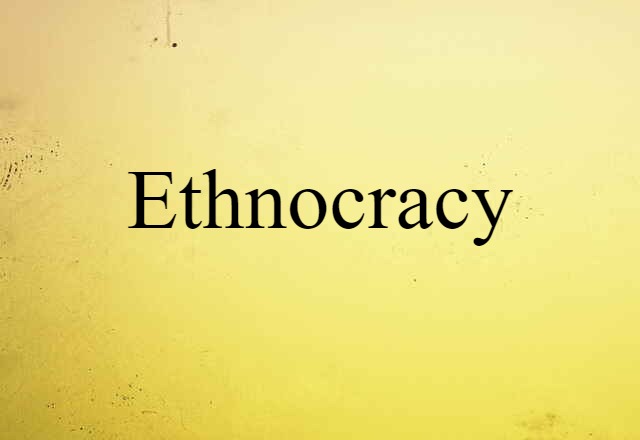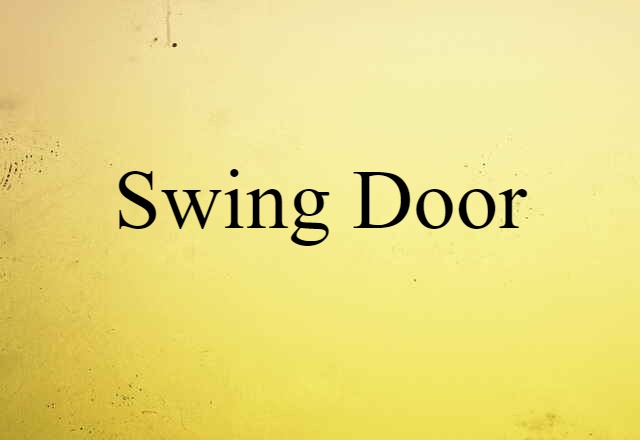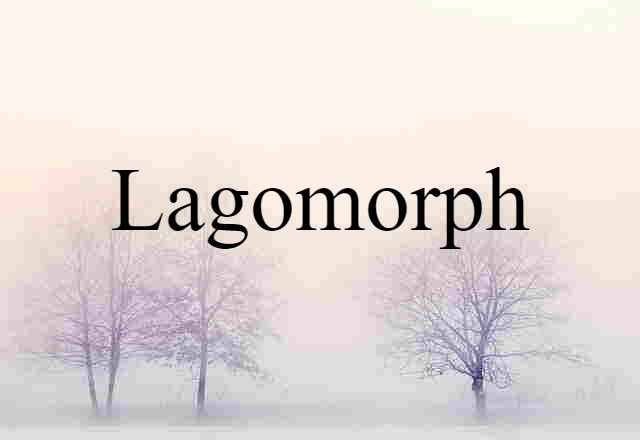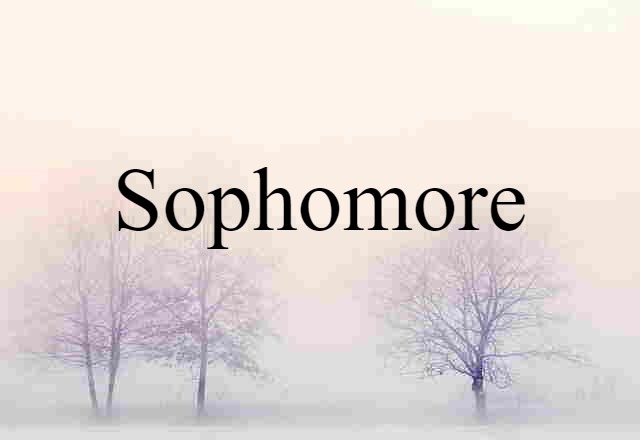- a driving movement or force; impulse; impetus; pressure.
- (of a ship) the component of the movement that is due to the force of wind and currents.
- a broad, shallow ocean current that advances at the rate of 10 to 15 miles (16 to 24 km) a day.
- Nautical.
- the flow or the speed in knots of an ocean current.
- the distance between the end of a rope and the part in use.
- the distance between two blocks in a tackle.
- the difference in diameter between two parts, one of which fits within the other, as a mast and its mast hoops, or a treenail and its hole.
- the deviation of an aircraft from a set course due to cross winds.
- the course along which something moves; tendency; aim: The drift of political events after the war was toward chaos.
- meaning; intent; purport: the drift of a statement.
- something driven, as animals, rain, etc.
- a heap of any matter driven together.
- a snowdrift.
- glacial drift.
- the state or process of being driven.
- overbearing power or influence.
- a tool used in charging an ordnance piece.
- Electronics.
- a gradual change in some operating characteristic of a circuit, tube, or other electronic device, either during a brief period as an effect of warming up or during a long period as an effect of continued use.
- the movement of charge carriers in a semiconductor due to the influence of an applied voltage.
- gradual change in the structure of a language.
- Machinery.
- a round, tapering piece of steel for enlarging holes in metal, or for bringing holes in line to receive rivets or bolts.
- a flat, tapered piece of steel used to drive tools with tapered shanks, as drill bits, from their holders.
- a secondary tunnel between two main tunnels or shafts.
- an approximately horizontal passageway in underground mining.
- the movement of charged particles under the influence of an electric field.
- the gradual deviation of a rocket or guided missile from its intended trajectory.
- displacement of the gimbals of a gyroscope due to friction on bearings, unbalance of the gyroscope's mass or other imperfections.
- the thrust of an arched structure.
- a shift of the teeth from their normal position in the dental arch.
- a flock of animals or birds.
- to be carried along by currents of water or air, or by the force of circumstances.
- to wander aimlessly: He drifts from town to town.
- to be driven into heaps, as by the wind: drifting sand.
- to deviate or vary from a set course or adjustment.
- to carry along: The current drifted the boat to sea.
- to drive into heaps: The wind drifted the snow.
- Machinery.
- to enlarge (a punched or drilled hole) with a drift.
- to align or straighten (holes, especially rivet holes) with a drift.
- to fall asleep gradually.
- to be carried along by or as if by currents of air or water or (of a current) to carry (a vessel, etc) along
- to move aimlessly from place to place or from one activity to another
- to wander or move gradually away from a fixed course or point; stray
- (of snow, sand, etc) to accumulate in heaps or banks or to drive (snow, sand, etc) into heaps or banks
- something piled up by the wind or current, such as a snowdrift
- tendency, trend, meaning, or purport
- a state of indecision or inaction
- the extent to which a vessel, aircraft, projectile, etc is driven off its course by adverse winds, tide, or current
- a general tendency of surface ocean water to flow in the direction of the prevailing winds
- a driving movement, force, or influence; impulse
- a controlled four-wheel skid, used by racing drivers to take bends at high speed
- a loose unstratified deposit of sand, gravel, etc, esp one transported and deposited by a glacier or ice sheet
- a horizontal passage in a mine that follows the mineral vein
- something, esp a group of animals, driven along by human or natural agencies
- a tapering steel tool driven into holes to enlarge or align them before bolting or riveting
- an uncontrolled slow change in some operating characteristic of a piece of equipment, esp an electronic circuit or component
- gradual change in a language, esp in so far as this is influenced by the internal structure of the language rather than by contact with other languages
- a ford
- a copper or brass bar used as a punch
















